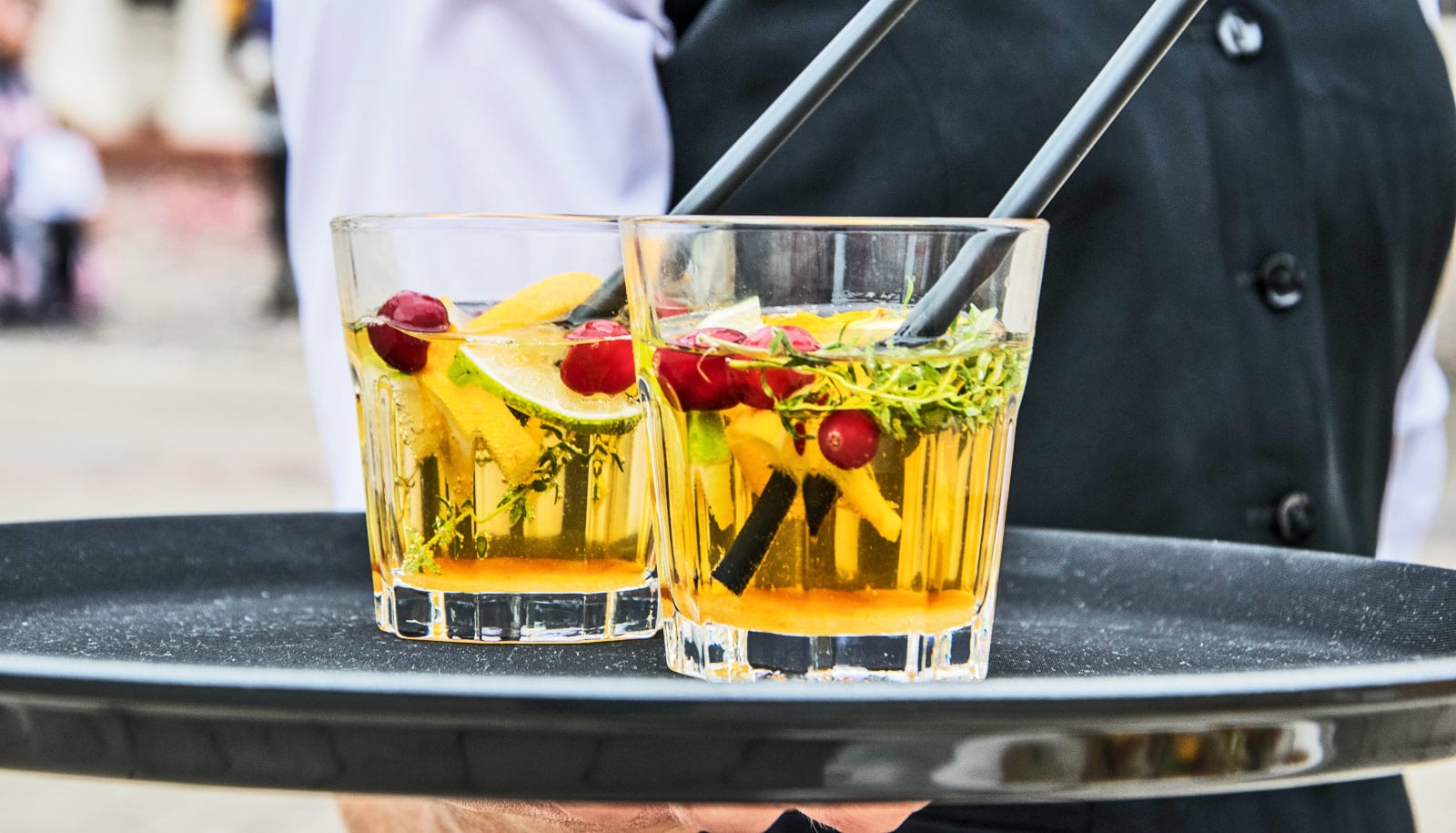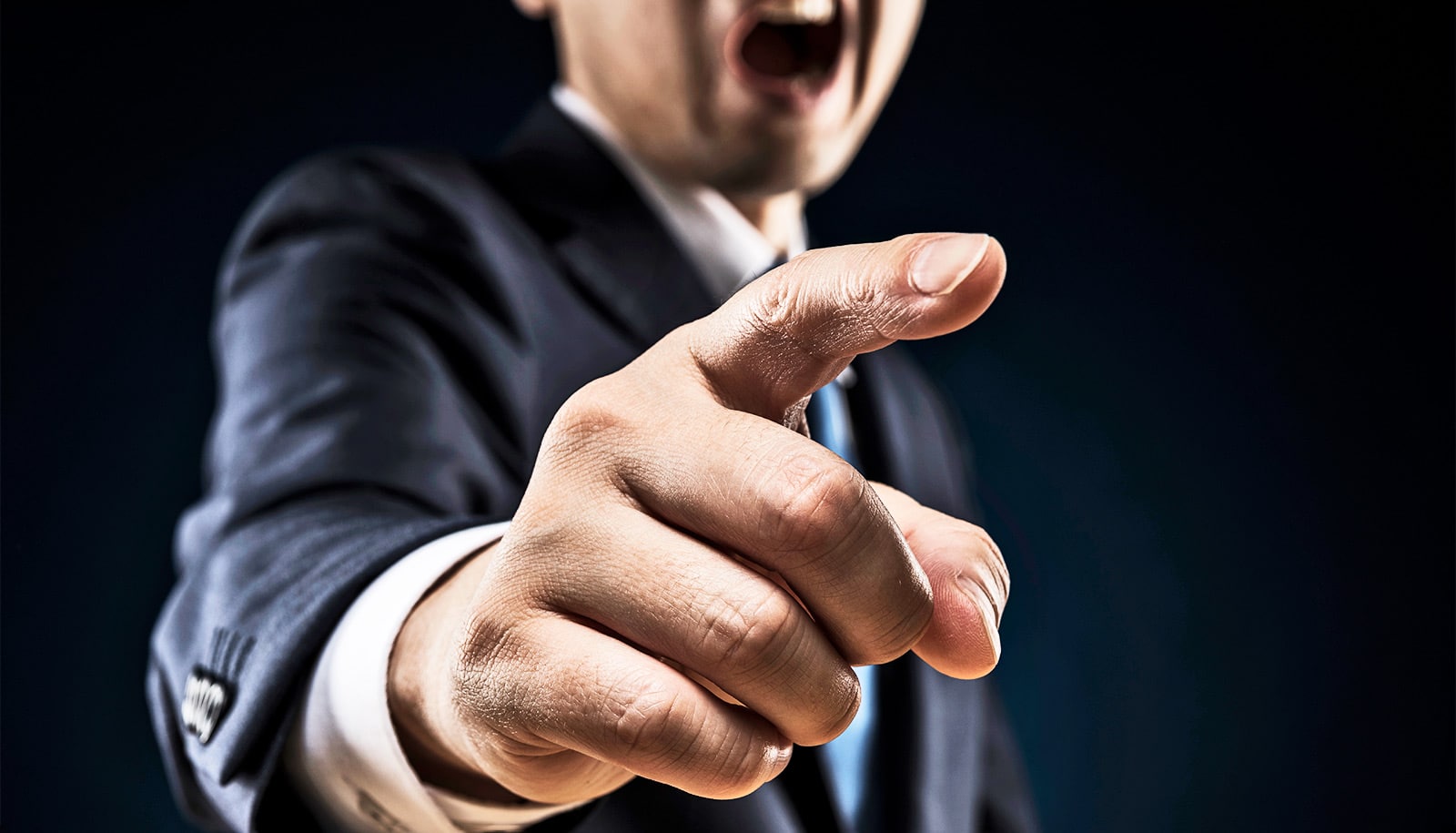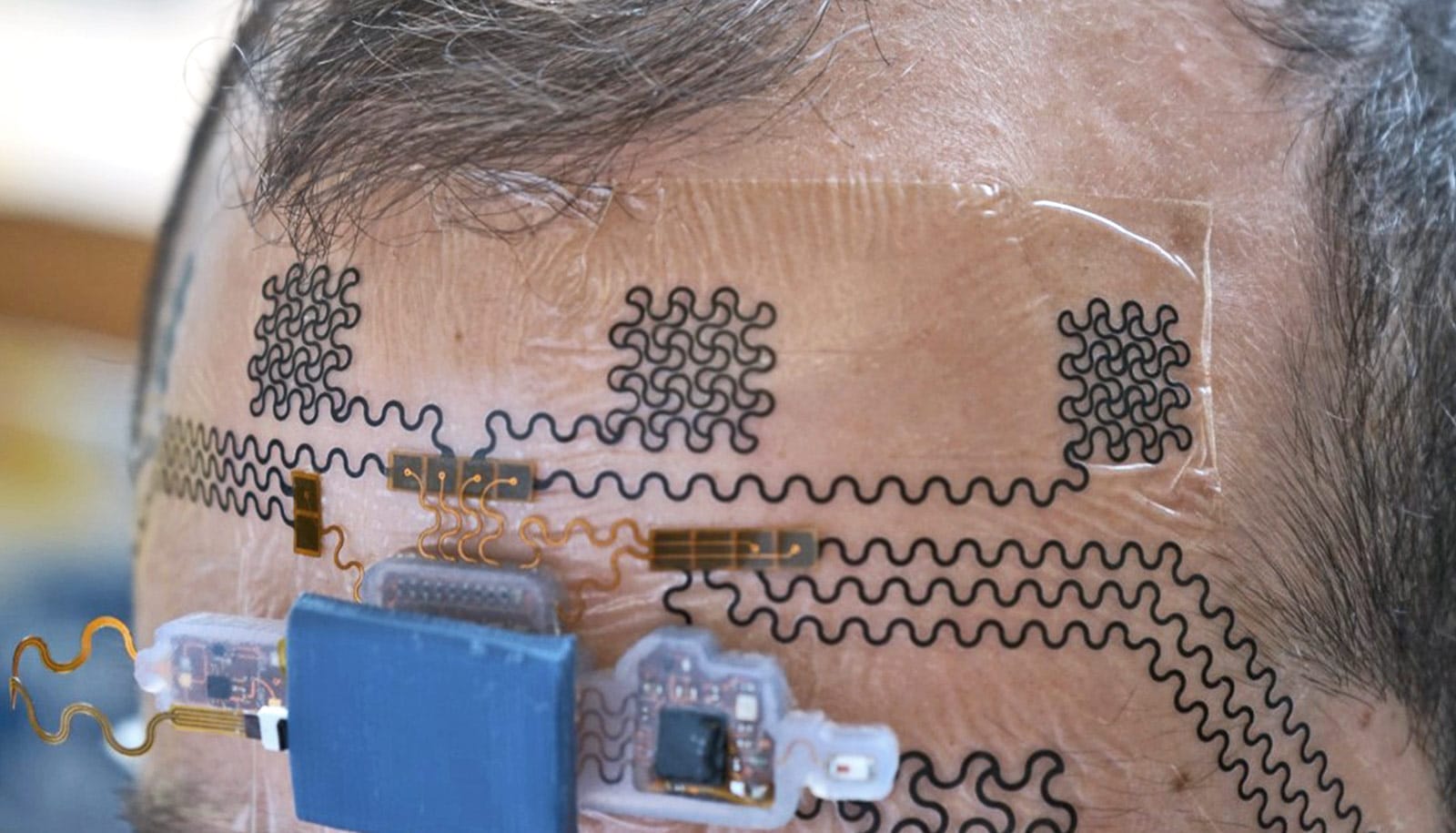Restaurant servers believe well-dressed customers are most likely to leave good tips, research shows. This judgment could result in better service for those diners.
“Everyone uses first impressions to make snap judgments,” says Dae-Young Kim, associate professor of hospitality management in the University of Missouri College of Agriculture, Food, and Natural Resources.
“This study also shows potential issues with the tipping culture that exists in American restaurants.”
“For servers, especially busy servers, they often have to make decisions about how to best devote their time and energy, so they look for ways to identify which customers will reward them the most for their service. The more professionally dressed a customer is, the more likely a server is to stereotype them as a good tipper, regardless of their race or gender.”
Kim and doctoral student Kathleen Kim surveyed 222 current and former restaurant servers. The researchers showed the participants pictures of people of different races, genders, and attire and asked the participants to indicate who they believed would leave good tips and poor tips.
The researchers found that the race of customers did not significantly affect servers’ perceptions of their likelihood of tipping well. However, compared to white customers, well-dressed minorities were identified as more likely to leave good tips, while casually dressed minorities were identified as more likely to leave poor tips. Also, regardless of race, well-dressed men were identified as more likely to leave good tips compared to women, while casually dressed men were seen as the least likely of any group to leave good tips.
Calculator adds cost of $15 wages to fast food prices
“It is clear that restaurant servers use stereotypes and first impressions to determine which customers will receive good service,” says Kathleen Kim. “These findings show restaurant managers the importance of proper training for servers so all customers receive good service.
“This study also shows potential issues with the tipping culture that exists in American restaurants. While the tipping culture can motivate servers to provide quality service to some customers, it may result in unequal service for others.”
Coauthor Gumkwang Bae from Dong-Eui University in South Korea also contributed to the study in Cornell Hospitality Quarterly.
Source: University of Missouri



